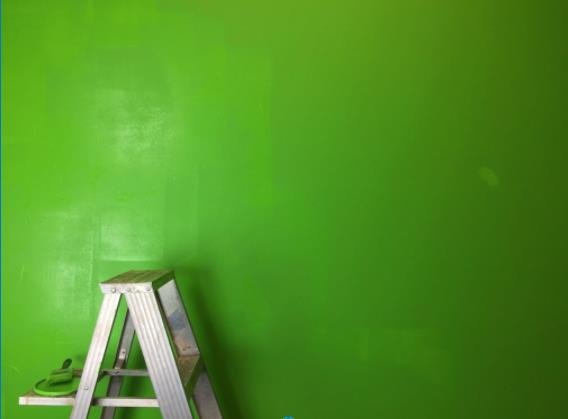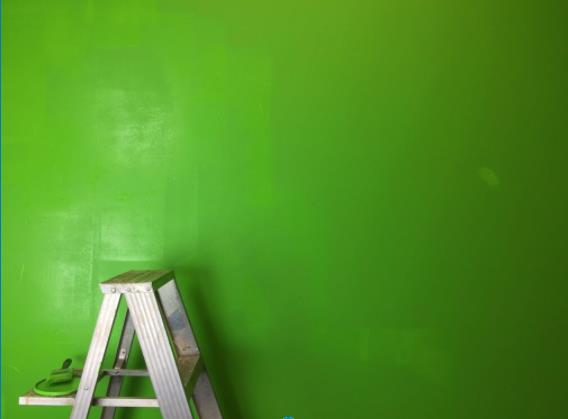Introduction:
In the quest for a healthier and safer world, antimicrobial surfaces have emerged as a promising defense against harmful microorganisms. In this science-driven article, we will explore the fascinating realm of antimicrobial surfaces, understanding their mechanisms and long-lasting efficacy. Furthermore, we will shed light on the competitive edge and advantages of Metal Ion Antimicrobial Agents, paving the way for a cleaner and more hygienic future.

What is an Antimicrobial Surface?
An antimicrobial surface is specifically designed to inhibit the growth and proliferation of microorganisms, such as bacteria, viruses, and fungi, on various objects and materials. These surfaces act as a barrier against pathogens, minimizing the risk of contamination and promoting better hygiene practices.
See more about antimicrobial/antibacterial agent:
What are the Best Antimicrobial Surfaces?
Within the realm of antimicrobial surfaces, those infused with metal ions, such as silver ion, copper ion, and zinc ion, have been recognized for their effectiveness. The incorporation of these metals releases antimicrobial agents that disrupt the vital functions of microorganisms, providing long-lasting protection against harmful pathogens.
Langyi’s AntibacMax technology applies silver, copper, and zinc ions as antimicrobial ingredients, enhancing the surface’s ability to defend against microbes. This advanced technology contributes to the reliability and efficacy of their customers’ products, positioning them among the top choices for effective antimicrobial surfaces in the market.

AntibacMax antimicrobial products
What is the Mechanism of Antimicrobial Surfaces?
The mechanism behind antimicrobial surfaces revolves around the controlled release of metal ions. Upon contact with microbes, these ions penetrate the cell walls, impeding crucial processes within the microorganisms and rendering them inactive. This unique mechanism provides a continuous defense, setting antimicrobial surfaces apart from conventional disinfection methods.
How Long do Antimicrobial Surfaces Work?
The effectiveness of antimicrobial surfaces varies depending on the type of antimicrobial agent used. Traditional organic antimicrobial products typically provide protection for a few months or even shorter periods. Additionally, they may not withstand high temperatures, leading to a loss of antimicrobial efficacy.
In contrast, inorganic metal ion antimicrobial agents can offer long-lasting protection, ranging from one year to several years, depending on the specific application method. Moreover, these agents remain effective even at high temperatures, ensuring sustained antimicrobial performance.
Competitive Edge and Advantages of Metal Ion Antimicrobial Agents:
- Enhanced Effectiveness: Metal Ion Antimicrobial Agents offer a robust and reliable defense against a broad spectrum of microorganisms, ensuring a safer environment.
- Versatile Applications: These agents find applications in various industries, including healthcare, food processing, public spaces, and consumer products, making them a versatile and practical choice.
- Eco-Friendly Approach: By minimizing the need for frequent disinfection, Metal Ion Antimicrobial Agents promote sustainability and environmentally responsible practices.
- Prolonged Protection: The continuous release of metal ions ensures lasting protection, making them an ideal option for surfaces requiring consistent defense.
Conclusion:
Antimicrobial surfaces have become a pivotal tool in promoting hygienic and healthier environments. Harnessing the science of metal ions, Metal Ion Antimicrobial Agents offer exceptional advantages in long-lasting effectiveness and versatile applications. As we prioritize hygiene and safety, let us embrace the power of antimicrobial surfaces, propelling us towards a cleaner and safer future for all.


-300x210.jpg)
